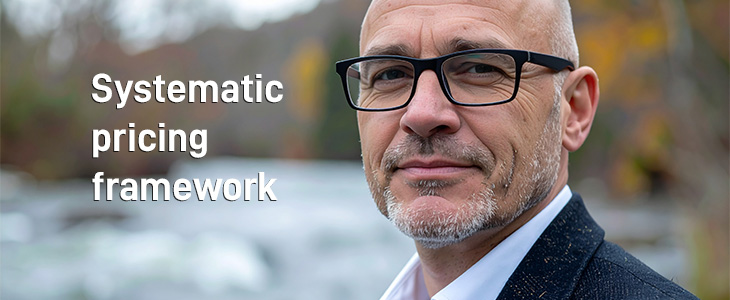1660 – Hearth Tax (Chimney Tax)
A hearth is a brick or stone-lined fireplace used for heating and cooking food. The word ‘hearth’ derives from an Indo-European root, ker, referring to burning, heat, and fire. For centuries, the hearth was the central and most important feature of a home and from this originated the saying, ‘keep the home fires burning’.
A hearth tax, also known as hearth money, chimney tax, or chimney money, was a property tax levied on each hearth or fireplace. Hearth tax was levied in the Byzantine Empire from the 9th century, France from the 14th century, and finally in England, Scotland and Ireland in the 17th century.
England’s hearth tax was imposed by the English Parliament in 1660 to raise tax dollars to support the Royal Household of King Charles II. The taxing of hearths, instead of people in the household, made sense as hearths were fixed and stationary and could be easily counted. The tax amounted to two shillings per hearth or stove per year, but with exemptions for the poor.
The tax was naturally the heaviest for those who occupied houses with the greatest number of hearths. The Earl of Exeter, for example, had to pay for 70 hearths at Burghley House. The hearth tax was resented because it often entailed inspection of the interior of dwellings by the sub-collectors and petty constables, who had legal authority to enter every property to check on the number of hearths.
Tax planning to avoid the hearth tax led to people covering their fireplaces with bricks to conceal them. England’s hearth tax was repealed in 1689.
"You’d be stupid not to try to cut your tax bill and those that don’t are stupid in business"
- Bono: U2




